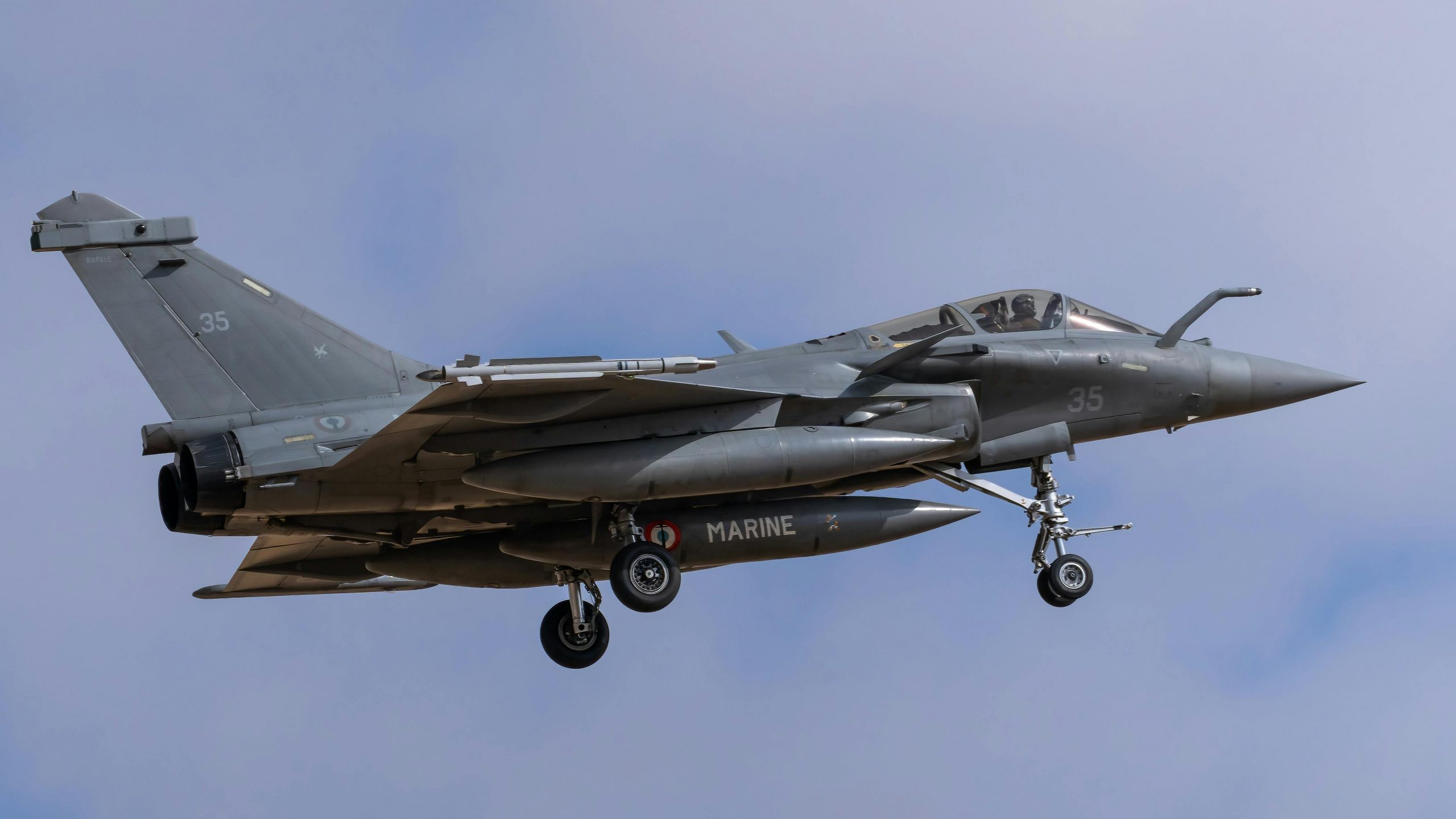What else to think of? When we see that we are still debating whether or not to shoot down Russian aircraft that enter our airspace, when a European summit ends without a clear warning being issued to Moscow and without any strong words being spoken, how can we not conclude that we are far too divided and timid to defend ourselves?
How can we not be alarmed when these incursions are designed to test our reactions? When Vladimir Putin will inevitably step up his game if we let him? When this way he will end up forcing us to respond so strongly that he could plunge us and himself into the spiral of a real conflict – unless we pitifully back down.
Before our passivity intoxicates him, we must put a stop to the Russian president’s provocations now, and that requires three things.
The first is to no longer merely hint that we could fire, but to publicly declare that orders have been given to national and NATO fleets to fire on any Russian combat aircraft violating our airspace. Duly warned, Vladimir Putin would have to take responsibility and could only blame himself for ignoring our warnings.
The second thing to do is to systematically denounce all acts of hybrid warfare attributable to Russia, to do so through the voice of our armed forces since these are acts of war, and to announce, at the same time, that we will now respond in kind. Not only must we no longer give the Kremlin a monopoly on political provocations, the dissemination of fake news and the disruption of computer networks, but we must also make it known that we are capable of responding with equal force.
This would give the Kremlin pause for thought. It would also make European citizens aware that, while we may not be at war, we are no longer at peace. Thirdly, we must stop underestimating ourselves.
We do not have a common defence and will not have one for several years to come, because decades of blind trust in American protection cannot be reversed overnight. Some EU Member States are not taking Vladimir Putin’s aggression seriously enough. Others remain hostile to the EU’s political assertiveness and are working to curb it, but all 27 Member States, including Hungary, are in favour of establishing a European defence system.
We have allocated common budgets for this purpose. Although totally insufficient, they are nonetheless significant. At the same time, each Member State is increasing its own military spending. We have begun co-producing drones with Ukraine, thereby laying the foundations for a pan-European arms industry. On defence issues, the rapprochement between the EU and the United Kingdom is absolutely spectacular. European democracies now effectively have a military steering quartet comprising France, the United Kingdom, Germany and Poland. France is considering extending its nuclear protection to other EU countries, including Germany and Poland.
By the Kremlin’s own admission, the Russian economy is stalling, and Western sanctions are contributing significantly to this. Donald Trump is much less likely to reach an agreement with Moscow now that Vladimir Putin has refused to compromise with Kiev and Sino-Russian ties have grown closer. And finally, disappointing as it was, the Copenhagen summit was held under the protection of an unprecedented and perfectly orchestrated European military operation.
Europe is already much more than just a common market.
Photo: Rafael Minguet Delgado @Pexels





